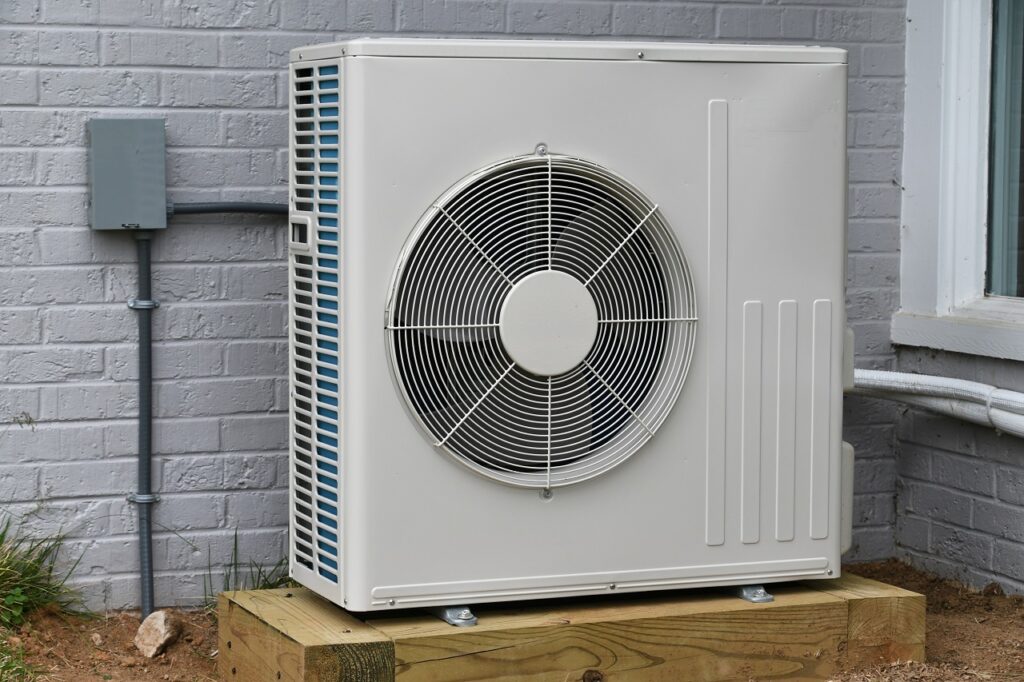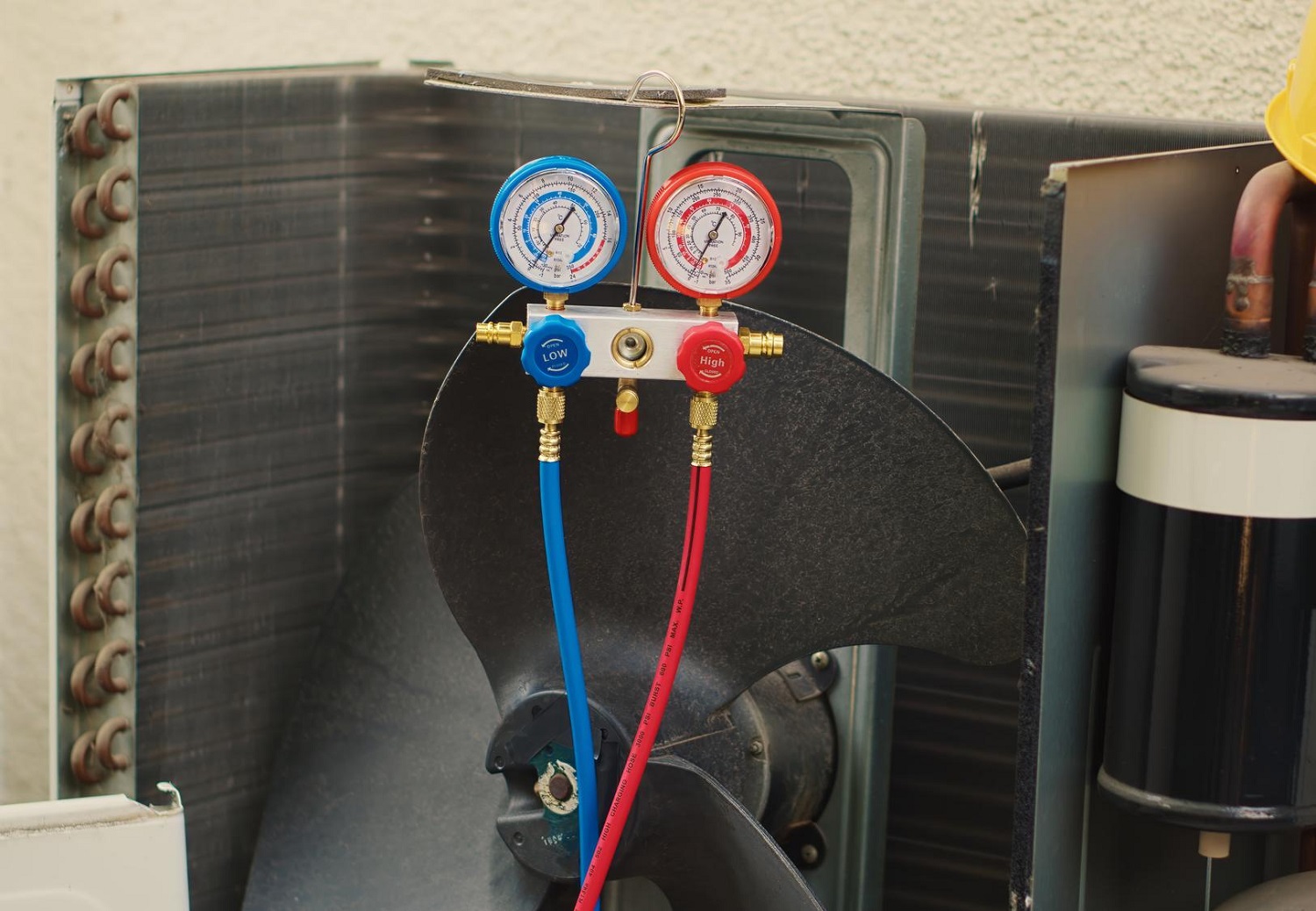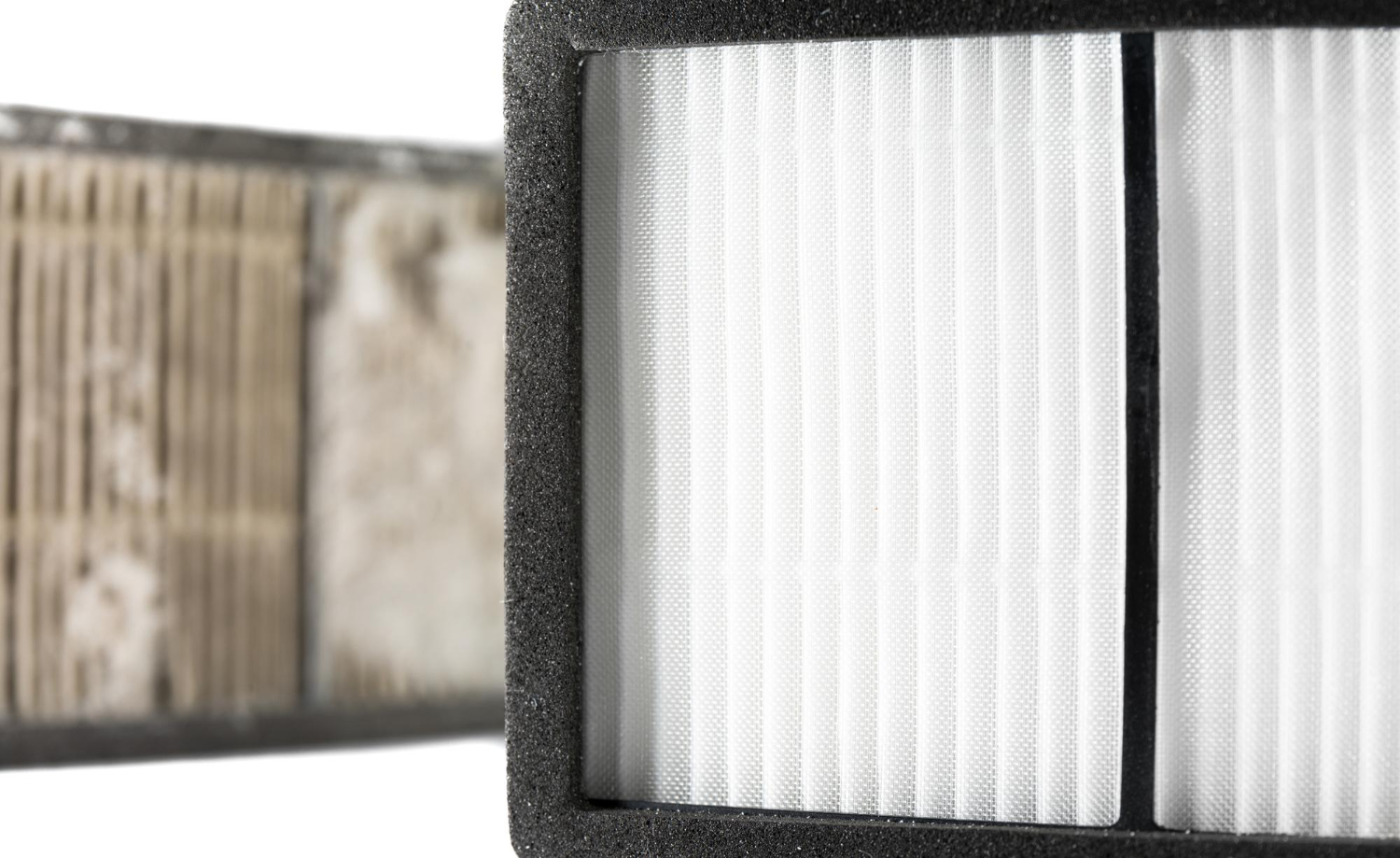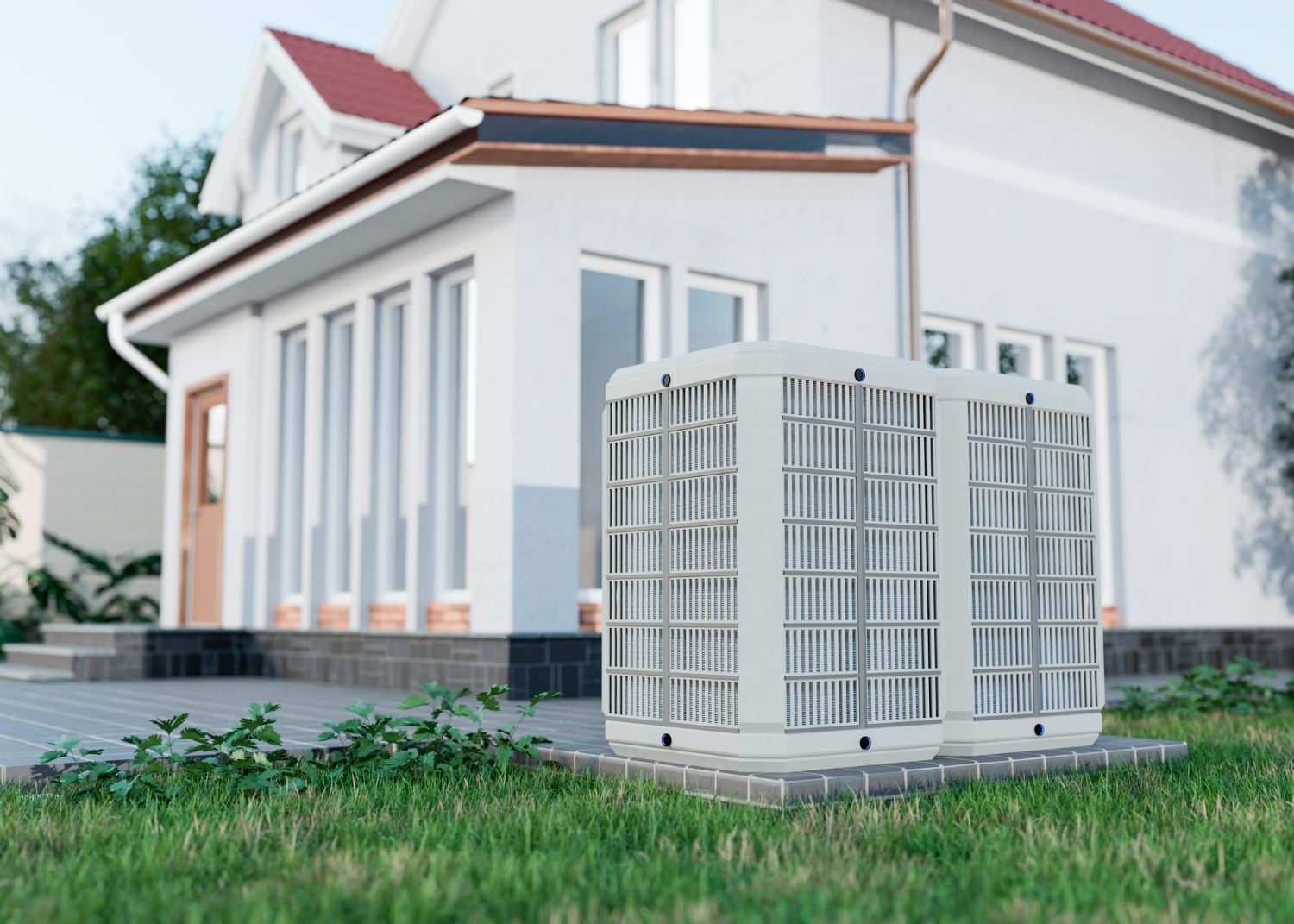When it comes to heating and cooling solutions, heat pumps have become a popular choice for many property owners due to their energy efficiency, environmental friendliness, and versatile application in a variety of settings. Heat pumps are suitable for residential, commercial, light commercial, multi-family, and new construction properties and can provide a reliable and cost-effective means of maintaining optimal indoor comfort.
Heat pumps work by transferring heat from the air, ground, or water to the interior of the buildings or vice versa, depending on whether heating or cooling is needed. This heat transfer process makes heat pumps incredibly energy-efficient, as they consume significantly less energy than traditional heating and cooling systems. Additionally, heat pumps operate without the need for fossil fuel combustion, creating a more eco-friendly and sustainable solution for maintaining comfortable indoor temperatures.
Read on as we delve into the fundamentals of heat pump systems, discuss the benefits they offer, and outline the factors you should consider when selecting the best heat pump solution for your property.
Understanding Heat Pump Systems
To appreciate the benefits that heat pumps can provide, it’s essential to understand how they operate. Unlike conventional heating and cooling systems that generate thermal energy, heat pumps transfer heat between the indoor and outdoor environments.
- Air-Source Heat Pumps: The most common type of heat pump, air-source systems extract heat from the outdoor air and transfer it to the indoor environment for space heating. In the cooling mode, they reverse the process, removing heat from the indoors and transferring it outside.
- Ground-Source Heat Pumps: These systems, also known as geothermal heat pumps, utilize the stable temperature of the ground or underground water sources to transfer heat to and from your property, providing efficient heating and cooling.
- Water-Source Heat Pumps: Suitable for properties located near a water source, water-source heat pumps use the water’s temperature to exchange heat with the building.
The Benefits of Installing a Heat Pump
Heat pumps offer numerous advantages compared to traditional HVAC systems, including:
- Energy Efficiency: Heat pumps can deliver three to four times more heat energy per unit of electricity consumed, making them highly energy-efficient and cost-effective solutions for maintaining comfortable indoor temperatures.
- Environmental Friendliness: By minimizing the reliance on fossil fuels and reducing greenhouse gas emissions, heat pumps contribute to a more sustainable and eco-friendly heating and cooling solution.
- Versatility: With the ability to provide both heating and cooling, heat pumps eliminate the need for separate heating and air conditioning systems, simplifying the overall HVAC system while saving space and reducing installation and maintenance costs.
- Enhanced Indoor Air Quality: Heat pumps filter and dehumidify the indoor air, reducing allergens, dust, and moisture levels, resulting in a healthier and more comfortable living environment.
Selecting the Right Heat Pump for Your Property
To ensure that you choose the best heat pump system for your unique needs and circumstances, consider the following factors:
- Climate: For air-source heat pumps, the outdoor climate can significantly affect the system’s efficiency. While modern heat pumps are designed to operate in colder temperatures, properties located in areas with extremely cold winters might benefit more from a ground-source or dual-fuel system to ensure optimal performance.
- Energy Source: Consider the availability and cost of electricity in your area as well as any local incentives or rebates for energy-efficient equipment. These factors can influence the overall cost-effectiveness of your heat pump investment.
- Property Size and Layout: The size, layout, and insulation levels of your property can help determine the appropriate heat pump size, capacity, and configuration needed to provide efficient heating and cooling throughout the entire space.
- Professional Guidance: Consulting with our skilled professionals will ensure that you have a thorough understanding of your specific heating and cooling requirements and that the most effective heat pump system is selected and properly installed to maximize its performance and longevity.
Ongoing Maintenance and Service
To keep your heat pump system functioning optimally, it is crucial to have a regular maintenance schedule, including cleaning or replacing filters, checking the refrigerant levels, and inspecting electrical components. Our technicians can help you establish an appropriate maintenance plan, offering professional tune-ups and service to ensure the longevity and efficiency of your heat pump system.
Conclusion
Heat pumps are an energy-efficient, sustainable, and versatile heating and cooling solution that can provide substantial benefits for your residential, commercial, or light commercial property. By understanding the various heat pump systems available, assessing your property’s needs, and selecting the right system for your unique situation, you can enjoy the numerous advantages associated with heat pump technology.
At ADI Heating & Air, our experienced professionals are ready to assist you in determining the perfect heat pump solution for your property, providing expert advice, installation, and ongoing service to keep your system operating at peak performance. Contact us today to learn more about how our heat pump service in Olney, MD, can enhance your property’s comfort, efficiency, and overall sustainability.












